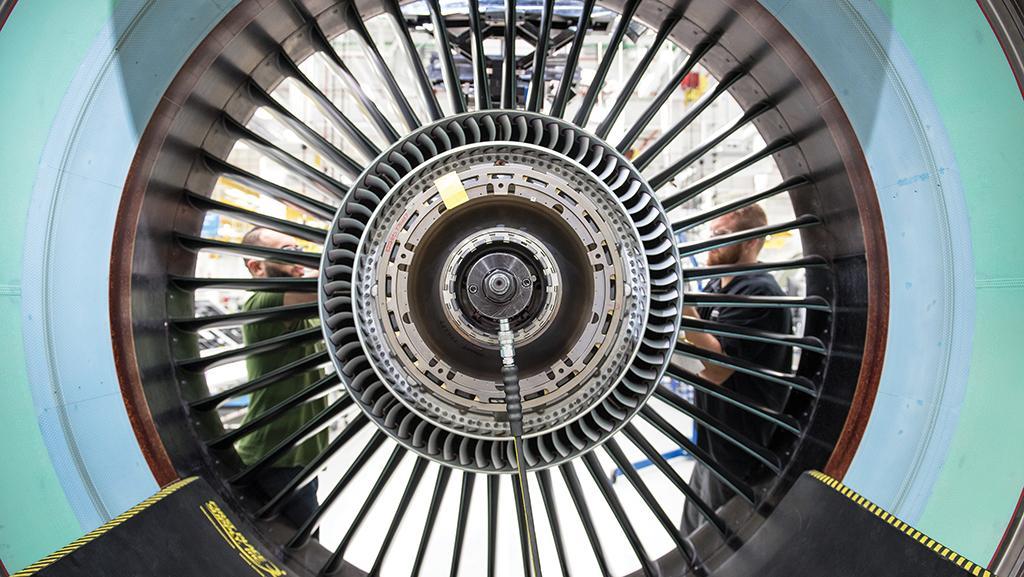
The engine MRO supply chain is struggling. Industry sources suggest the situation will have a short- and long-term impact, but the pain is not felt equally throughout the value chain.
Several operators are experiencing reliability issues on platforms like the geared turbofan (GTF) on top of supply chain problems. Lessors such as Azorra in Fort Lauderdale, Florida recognize the normal teething issues associated with new technologies. While Azorra is confident Pratt & Whitney and other OEMs will eventually get to grips with their engine issues, President Ron Baur says it is unfortunate airline customers must go through this disruption. “We don’t like to disappoint our customers with aircraft delays, but we’re trying to make the best of this reality,” he says.
Baur is continuously engaged with airline customers, and he understands the impact on operators, considering the advance planning and scheduling involved. He advises OEMs to be as transparent and as accurate as possible. “We will never fault them for sharing too much information,” he says.
Azorra has a mixed fleet including current generation Embraer E1s and new-generation types such as the E2 and Airbus A220. It currently has 83 aircraft in its portfolio, of which 14 are GTF-powered aircraft. Its pre-owned fleet is not subject to these issues and Baur sees increased demand to extend leases on these aircraft to keep them flying longer.
“Like anything in life, you want to hold a balanced view—a good mix of new technology aircraft and current generation aircraft is important, especially today,” he says.
Jonathan Berger, managing director at Alton Aviation Consultancy, says the scenario for airlines is very painful, with far too many aircraft grounded due to the well-documented engine design and manufacturing issues. Compounding the costs of having grounded aircraft, adds Berger, are a deficiency of spare engines in the marketplace and engine shop turnaround times two to three times longer than they were pre-pandemic.
“Furthermore, the parts shortages driving the longer turnaround times are not only for the GTF and Leap, but they have now infected virtually all engine models,” he says.
Engine OEMs are being stressed by a myriad of prioritization decisions. This is compounded by suppliers constrained by their own internal capacity, which must make prioritization choices about engine model production.
Berger says this is also a challenging situation for engine MROs. Despite the strong demand for shop visits, they are at the mercy of the OEM supply chain to provide parts.
Berger believes engine lessors are in better shape due to unlimited demand for their products, with virtually all spare engines out on lease to customer airlines. They are likely to receive premium rents but could still benefit from access to more spare engines.
Berger highlights unlimited demand for engine parts traders, which are in a more favorable situation due to the ability to charge premium prices. However, he says they could also benefit from access to more inventory. Limited retirements and teardowns will ultimately lead to limited used serviceable material, which is the lifeblood of the engine parts trader feedstock.
Engine piece part manufacturers (both OEM and PMA) are also in a better position: “They are producing as much as they can, as fast as they can,” says Berger.





